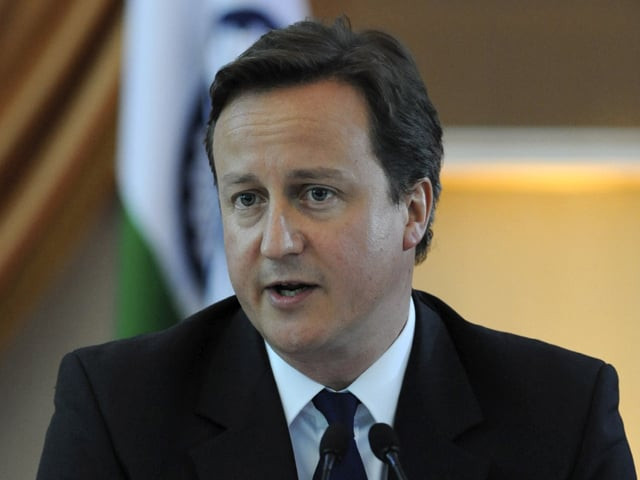Cameron calling
Islamabad also needs to take heed of the polite warnings issued.

Cameron, however, mixed a soft approach with some pointed comments. While, on the one hand, he made a promise to give aid worth £650 million for education in Pakistan, he also told university students that it was becoming harder and harder to justify such assistance to Pakistan when the country’s wealthiest citizens continued to escape taxation and there were concerns in the UK about the quality of governance. Almost identical remarks have been made by US and World Bank officials. This is obviously then an issue Pakistan needs to think very hard about. The message that it must do more to help itself is coming in from everywhere. David Cameron’s visit counts as a success; a mending of ties with London has taken place and an agreement reached to expand trade ties. But, at the same time, Islamabad also needs to take heed of the polite warnings issued — and remember that if it does not heed them a time may come when no one is willing to come to its aid and the pressure on it from various directions may increase substantially, putting it at risk of isolation from the global community.
Published in The Express Tribune, April 7th, 2011.















COMMENTS
Comments are moderated and generally will be posted if they are on-topic and not abusive.
For more information, please see our Comments FAQ